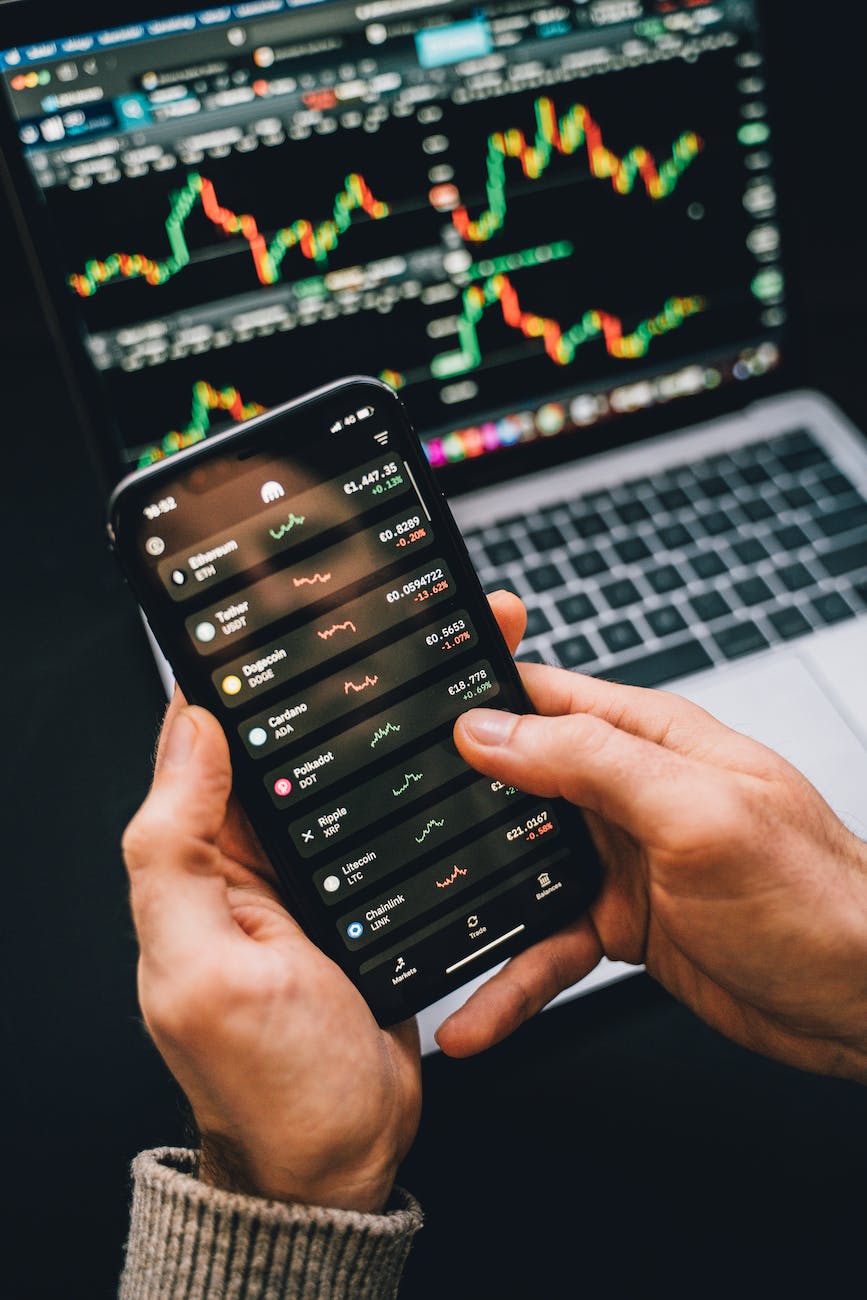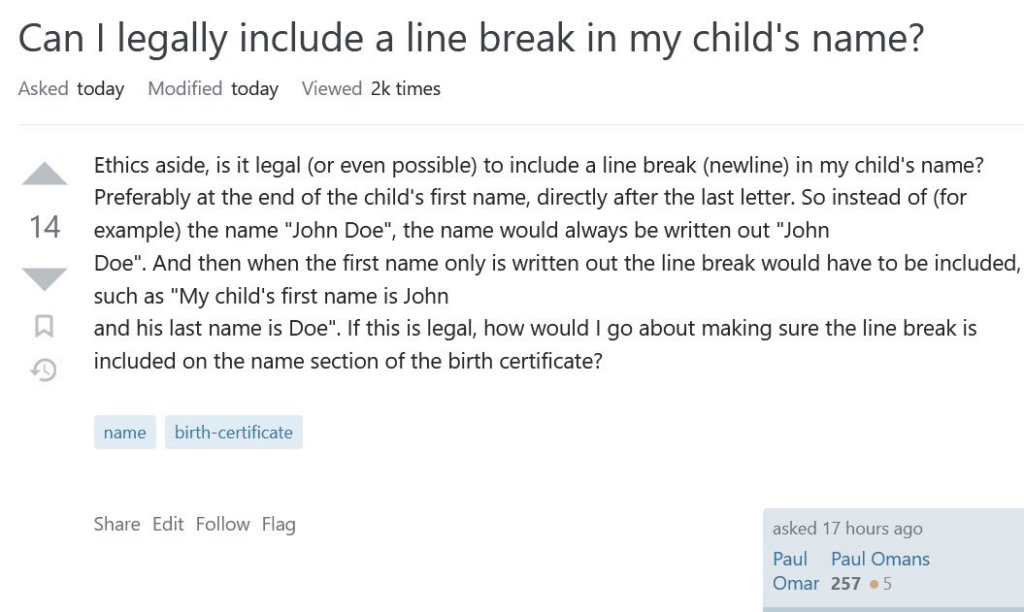
Ich dachte, Ihr solltet das sehen.

Did that ever happen you or in your team? Did it feel awkward to you? Effective teams are diverse and exchange among each other. The source for their success is that all ideas are equal and the team generates an environment that allows individuals to speak up, fostering exchange among all participants

… and that’s this year only so far. CBS reports the previous years record has already been broken in October this year. The source for this information is blockchain analytics firm Chainalysis.
About $718 million in digital assets were taken in October alone, according to blockchain analytics firm Chainalysis.
Source: Hackers have stolen record $3 billion in cryptocurrency this year – CBS News

Brother to Little Bobby Tables.

Fundamental Internet History. Rick Astley’s “Never Gonna Give You Up” made it into a very special meme. And it happened to everyone at least once, I’m sure. Vice has its history.
This video is a studious look at”Never Gonna Give You Up,” the Rick Roll, how they have impacted the career of the man who recorded it, Rick Astley, and the frustration they have inflic…
Security related ‘news’ that have Zigbee based lighting systems as the subject of their research make me feel on Groundhog Day. They show up repeatedly, and their content is about exchangeable, along with the solution. Ladies and Gentlemen, this time it’s Ikea Trådfri that Synopsys found a flaw in. The flaw exploits malformed Zigbee frames. The vendor patched the flaw in early 2022.

With just one malformed Zigbee frame, attackers could take over certain Ikea smart lightbulbs, leaving users unable to turn the lights down.
Source: Ikea Smart Light System Flaw Lets Attackers Turn Bulbs on Full Blast
Ja nun. Die Meldung kam gestern schon mal an mir vorbei. Zunächst habe ich gedacht es handle sich um eine Schlagzeile des Postillion. Dann habe ich es nochmal gelesen und musste es twittern.
Players will continue to have access to their games library until January 18th 2023, less than half a year from today, reports Engadget.

The cloud gaming service was only launched 3 years ago, with many ambitions. Google started it’s efforts with an own game studio. However, the entire service fell back behind the attached expectations and was never considered successful. The game studio already shut down last year, making this move no surprising consequence.
What is remarkable is the almost prophetic accuracy of http://stadiacountdown.com, a single purpose website built and launched by Jason Scott.
The tweet dates back to November 2019, the day before Stadia actually launched, predicting a lifespan of 4 years for Stadia. As of today, the counter has 412 more days for Stadia to go. Google will kill the product earlier than that.
One thing noteworthy here is that Google products are already notorious for being very mortal. The above is based on Google Cemetery calculates average days for the life expectancy of any life and future product and came up with the ~4 years for the Stadia countdown. While this is kind of normal and necessary in the B2C market, the reputation the company builds is dangerous for its enterprise ambition.